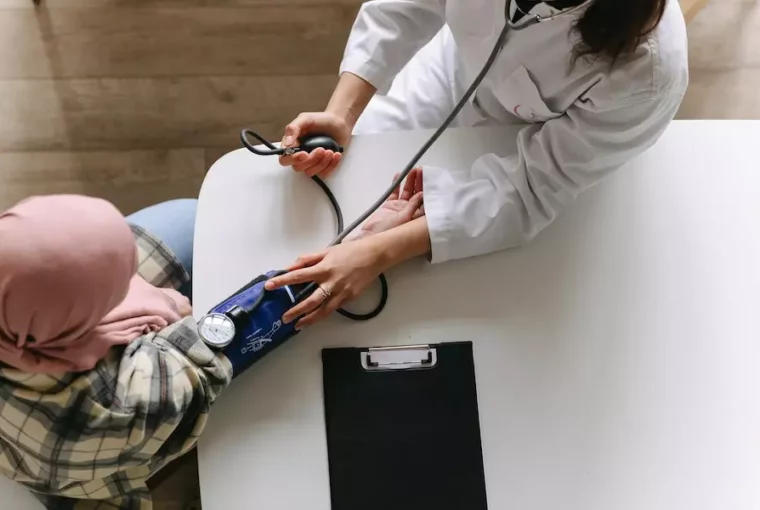When going through cancer treatment, it’s often very difficult to know what to do or how to proceed. There’s so much new language, terminology, and concepts to grasp at once. And if you aren’t careful, it can leave you feeling overwhelmed and helpless. But there’s always a path forward.
Improve Your Experience With These 7 Tips
Receiving a cancer diagnosis can be a life-changing event that often brings anxiety and uncertainty. While cancer treatment can be a difficult journey, there are ways to improve the experience and make it more positive and effective.
In this article, we’ll discuss tips for improving the cancer treatment experience, including ways to feel better physically and emotionally, and conversations to have with your medical team.
1. Build a support system
Cancer treatment can be physically and emotionally draining, so it’s important to build a strong support system. This can include family, friends, support groups, and counselors. Having a support system can help you cope with the emotional and physical challenges of cancer treatment, and can also provide a source of encouragement and motivation.
2. Prioritize self-care
Self-care is important during cancer treatment, as it can help you feel better physically and emotionally. This can include activities such as eating a healthy diet, getting regular exercise, getting enough sleep, and practicing stress-reducing activities such as meditation or yoga. Prioritizing self-care can help improve your overall well-being and may also help improve the effectiveness of your cancer treatment.
3. Communicate openly with your medical team
Communication is key when it comes to cancer treatment. Open and honest communication with your medical team is essential. Make sure you’re discussing your symptoms, concerns, and questions. This can help ensure that you receive the best possible care and treatment. Don’t be afraid to ask questions, and make sure you understand the details of your treatment plan.
While most cancer treatment centers and doctors prefer to use very similar treatment options, it’s important to understand that there are other solutions out there. For example, did you know that proton therapy is sometimes an option?
According to the University of Kansas Cancer Center, “Proton therapy is a highly specialized, state-of-the-art form of radiation treatment. It precisely targets tumors and spares the surrounding tissues by using a pencil-thin beam of protons to deliver radiation directly to the tumor. This innovative treatment is used to treat many types of adult and childhood cancers.”
And proton therapy is just one additional type of treatment. Other effective options also exist. We obviously can’t tell you what cancer treatment option to use in an online article – that would be foolish and irresponsible – but you should get as many opinions as you can by speaking with a variety of people and getting multiple opinions.
4. Consider integrative therapies
Integrative therapies, such as acupuncture, massage, and meditation, can help improve the side effects of cancer treatment and improve overall well-being. These therapies are often used in combination with traditional cancer treatments, and can help reduce symptoms such as pain, nausea, and fatigue.
5. Find ways to manage side effects
Cancer treatment can come with a variety of side effects, including nausea, vomiting, fatigue, and pain. Finding ways to manage these side effects can help improve your quality of life during treatment. This can include medications prescribed by your medical team, as well as lifestyle changes such as a healthy diet and regular exercise.
6. Explore clinical trials
Clinical trials offer the opportunity to receive innovative cancer treatments that are not yet widely available. Participating in a clinical trial can help you access the latest treatments and therapies, while also contributing to research that may benefit future cancer patients.
7. Consider second opinions
If you have any doubts or concerns about your treatment plan, it may be worth seeking a second opinion. A second opinion can provide a fresh perspective and may help you feel more confident in your treatment decisions. Your medical team should be supportive of your decision to seek a second opinion, and may even be able to refer you to a specialist for further consultation.
Focus On Yourself
Cancer is tough on everyone, including friends and loved ones who have to watch you go through the experience. However, it’s most difficult for you. During this time, make sure you’re focusing on yourself.
The stronger and more balanced you are throughout this experience, the more manageable it will be.




